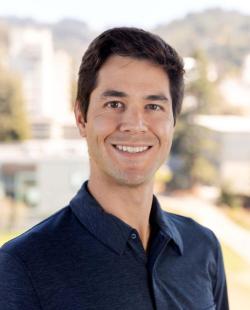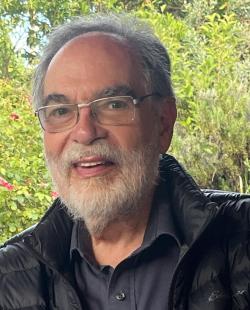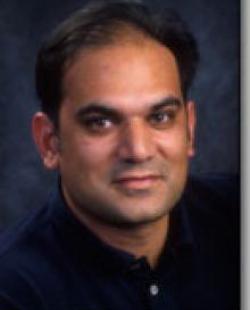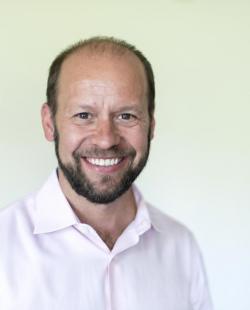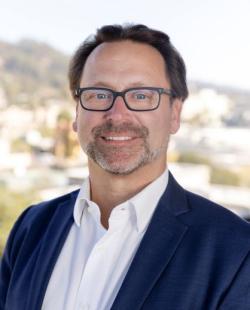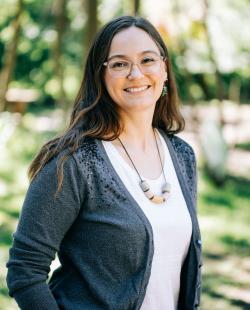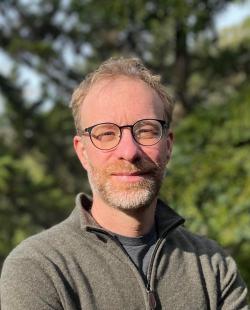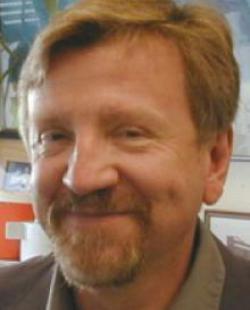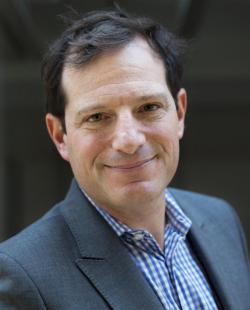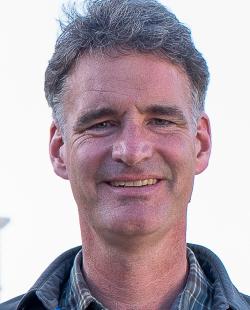Subfield Coordinator: Kirk Bansak
The Berkeley program in empirical methodology and formal theory offers rigorous training that is carefully integrated with major substantive agendas in political science.
The program builds centrally on innovative faculty research, which encompasses new methods for causal inference and program evaluation, as well as statistical computing and survey analysis. The work on surveys has included path-breaking contributions to developing and refining experiments embedded in surveys and computer-assisted telephone interviewing; and innovations in measuring issue orientations and in multi-level modeling of political behavior. In formal theory, faculty have contributed to opening new lines of inquiry into strategic interactions where formal institutions are weak, and to modeling information and incentives in organizations—as they affect both the dynamics of institutions within the United States and those in authoritarian and democratizing regimes. Faculty in both traditions play a prominent role in developing empirical tests of formal theory, based on both laboratory experiments and observational data. The faculty has also done influential work on qualitative methodology, comparative-historical methods, and linking qualitative methods with both quantitative tools and with formal analysis.
The methods/formal faculty makes important institutional contributions on the Berkeley campus. They convene the Positive Political Theory Seminar, which draws together a national constituency of leading modelers for its biweekly meetings. They have led the campus Survey Research Center and helped to sustain its innovative research on survey methodology; and they were central to launching the Berkeley’s NSF/IGERT training program in Politics, Economics, Psychology, and Public Policy (PEPPP). Berkeley’s Institute of Governmental Studies, as well as the Survey Research Center, are important venues for convening scholars and graduate students, and they provide support for graduate students pursuing methodological and formal training.
Faculty members also play leading roles in the national political science profession. Their contributions have included serving as Chair of the Board of the American National Elections Studies (ANES); providing crucial leadership in launching the NSF program on the Empirical Implications of Theoretical Models (EITM); co-editing the new Oxford Handbook of Political Methodology; serving as President of the Political Methodology Society; and founding APSA’s Organized Section for Qualitative and Multi-Method Research. The political science department maintains close ties with the national Institute for Qualitative/Multi-Method Research, and many graduate students attend the institute. Three of the methods/formal faculty are Fellows of the American Academy of Arts and Sciences.
